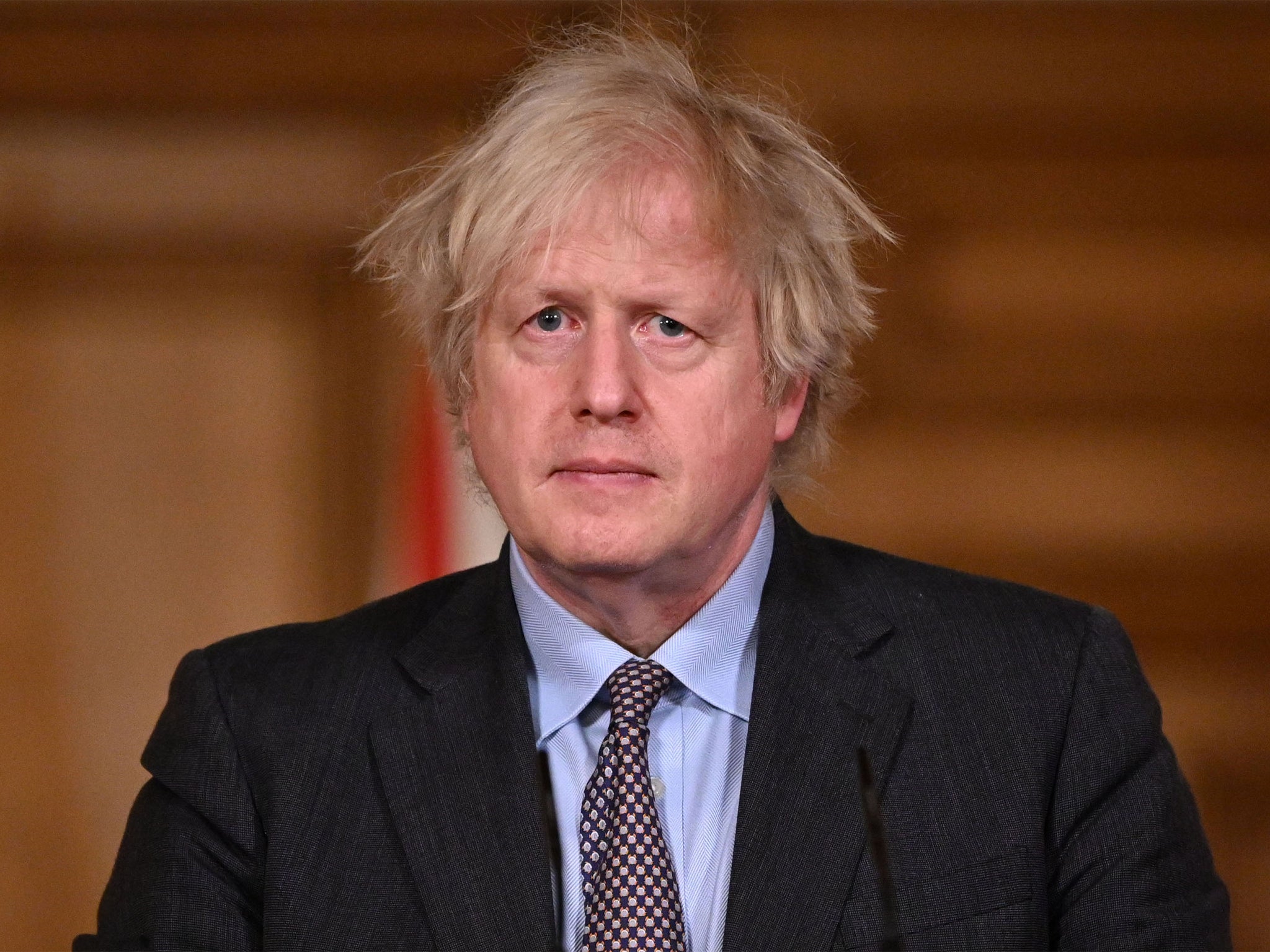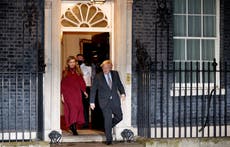Government to spend £9m on White House-style ‘Situation Room’ for Whitehall
The command bunker is part of a major defence upgrade to be unveiled on 16 March

Your support helps us to tell the story
From reproductive rights to climate change to Big Tech, The Independent is on the ground when the story is developing. Whether it's investigating the financials of Elon Musk's pro-Trump PAC or producing our latest documentary, 'The A Word', which shines a light on the American women fighting for reproductive rights, we know how important it is to parse out the facts from the messaging.
At such a critical moment in US history, we need reporters on the ground. Your donation allows us to keep sending journalists to speak to both sides of the story.
The Independent is trusted by Americans across the entire political spectrum. And unlike many other quality news outlets, we choose not to lock Americans out of our reporting and analysis with paywalls. We believe quality journalism should be available to everyone, paid for by those who can afford it.
Your support makes all the difference.The UK government is due to unveil plans to fit a £9m White House-style bunker beneath Whitehall in an effort to bolster the country’s defences.
Boris Johnson has given the thumbs-up to building the command room – or The Situation Centre (dubbed SitCen) – for use during such emergencies as terrorist strikes and crises including pandemics.
Due to open this summer, it will be next door to the Cobra meeting rooms in the basement of the Cabinet Office where ministers currently deal with emergencies.
In the reportedly high-tech set-up, Mr Johnson will be able to watch drone strikes and military engagements on huge interactive display screens, allowing the PM to track events in real-time.
The SitCen project is part of the government’s review of defence, security and foreign policy due to be unveiled on 16 March. The huge overhaul seeks to modernise and evolve the armed forces, intelligence and diplomacy.
The room will reportedly be staffed around the clock by “watchkeeper” staff from the National Security Secretariat who will use data analysis for “horizon scanning” in order to identify threats.
A conference table for the PM, ministers and intelligence chiefs will take centre place in the room, used to brief government officials and monitor risks up to six months ahead.
Information will be supplied by the Joint Intelligence Committee, Joint Terrorism Assessment Centre and other Whitehall experts.
In the US, presidents use the White House’s Situation Room for coordinating emergency responses and tackling security threats. Barack Obama used the command room when US special forces killed Osama bin Laden in 2011.
One official told The Sunday Times: “It will have hi-tech stuff – heatmaps, geostationary visualisations, interactive dashboards. At key moments we still get analogue government with no maps and PowerPoint presentations.
“Coronavirus has shown that we need this. It will support a greater speed of decision-making”, they added.
Another source said: “The time taken to collate data, brief ministers, understand situations and act on them will be reduced from weeks to minutes.”
The room demonstrates the emphasis on science, technology and data in the upcoming 100-age document titled Global Britain in a Competitive Age.
Also among the advances are a new RAF Space Command set to launch a rocket from Scotland in 2022, a National Cyber Force and artificial intelligence research facilities.
These technological upgrades will lead to a dramatic reduction in army personnel with 12,500 troops set to be lost.
Speaking recently at the Munich security conference, Mr Johnson said: “We will focus our investment on the new technologies that will revolutionise warfare – artificial intelligence, unmanned aircraft, directed-energy weapons and many others.”
Extensive refurbishments began in Downing Street last year reportedly so the PM could hold White-House style televised press briefings.
It was revealed through a Freedom of Information request by the PA news agency that more than £2.6m has been spent on the upgrade, which the Cabinet Office said “reflects” that No 9 is a Grade-I listed building.






Join our commenting forum
Join thought-provoking conversations, follow other Independent readers and see their replies
Comments